 If you read this blog with any frequency, you have noticed no activity here for several weeks. Nope, I haven’t been neglecting the blog; there have been more important things to attend to.
If you read this blog with any frequency, you have noticed no activity here for several weeks. Nope, I haven’t been neglecting the blog; there have been more important things to attend to.
Towards the end of September, we returned home after a two-week camping trip in Sequoia National Forest. On my mind as we pulled up the house, with the camper attached to our SUV, was the fact the end of September means October is about to begin; and October is the best month of the year to camp in the deserts we frequent.
Two days after arriving home from our camping trip, Joyce had to suddenly leave for an undetermined amount of time to attend to a family matter in Illinois, and she wanted to fly out of Las Vegas so she could travel with one of her sisters – a trip they had just made back in August. So I figured I might as well drive her to the Las Vegas Airport and then go camping – especially since October was just a couple days away and Lake Mead National Recreation Area is conveniently close to Vegas. Besides, long-term parking at the airport is $10 per day, and I can camp for $10 a day at Lake Mead using my senior access pass. Since I wouldn’t be at home, our utility bills would be just about zilch by going camping and, by taking a camping trip, I would create an addition net positive cash flow. A long backpacking trip would be better way to spend time alone, but I can’t take Corky on such a trip, and we didn’t know how long Joyce needed to be away — but more than likely she would be gone for at least two weeks, and probably more.
What is a Vacation?
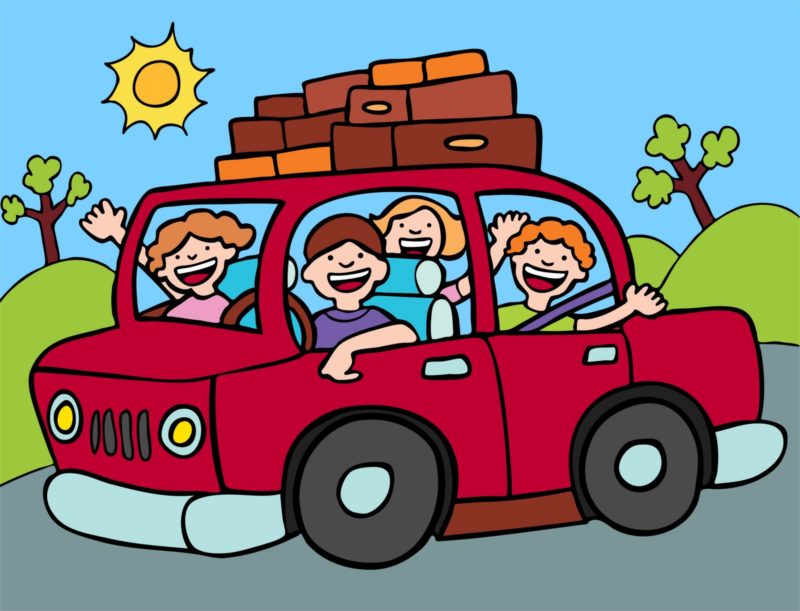
What does one call such a trip? If you are working, then you call it a vacation. But I don’t work, I’m retired. Well, I don’t work at a formal job, but I do spend much of my time working and maintaining our house and vehicles. Technically, a vacation is time away from home or work, but for most Americans it signifies time away from a job. A holiday, for most Americans, is a paid day from work for some insignificant event; at least to most people these events are insignificant. The day off from work has more importance than what is supposedly being celebrated. For example, in October we celebrated Columbus Day; well most government workers and banks celebrated it with a paid day off – the rest of the country worked and ignored the holiday, as they should, because few people have truly studied the life and consequences of Columbus.
It seems to me, with so many words in our language that have multiple meanings such as “vacation,” we need more words. Perhaps we need three times as many words. On the other hand, there are probably 250,000 distinct English words to include some that are obsolete; so perhaps more words is not a good idea. Most people have a 2,000 to 3,000 word vocabulary. A 10,000 word vocabulary is unusual.

Perhaps I should invent a new word for retired people who leave home for a period of time to relax or enjoy some recreational pursuit that would be universal in meaning, instead of using words to define particular activities such as backpacking or camping. If I invent a new word no one will recognize it, therefore it isn’t feasible. Instead, I’ll simply look to the mother of the English language: Britain. For the British, it appears that the term “on holiday” more appropriately and universally encompasses the entire range of leisurely activities when away from work or home.
So, after returning from our September camping trip, instead of cleaning the trailer and parking it, I dumped the holding tanks, fixed a water leak, checked the wheel lug nut torque, had the propane tanks filled, loaded it with two weeks of food and water, put on mail on hold again, and went On Holiday. On the way, I took Joyce to the Las Vegas Airport.
The problem with this concept of On Holiday, is that it connotes having fun. This trip was not designed to be fun, but simply to be away from home for a while. You see, Joyce and her sister had gone to be with a dying brother, to attend to him during his last days, help with funeral arrangements, and then pay respect to his life. Now the reader may think that I should have gone with her, to be by her side during this time, but we decided it be better for her to go alone. But back to camping…
Week 1 & 2
I suppose that most people who take off on a multi-week, spur of the moment, camping trip spend the first few days getting into some semblance of a routine and/or make adjustments after a day or two at their campsite.
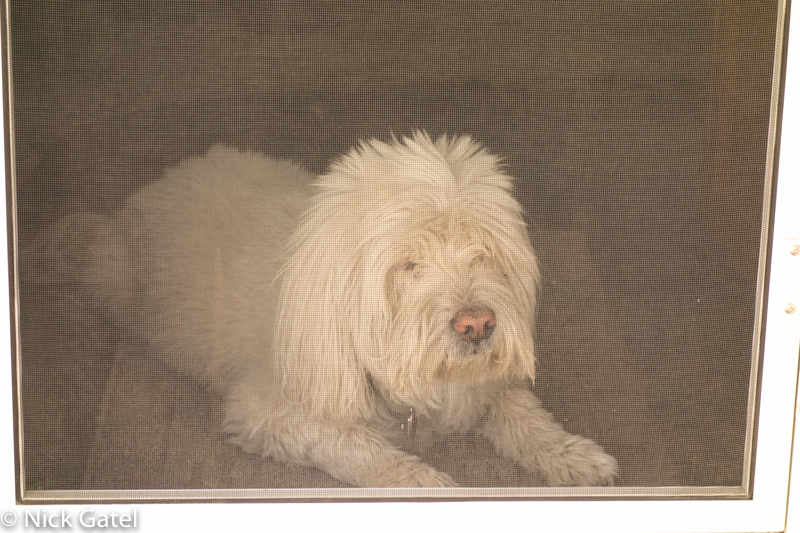
This wasn’t case for me and Corky – we’ve been doing this for many years. So we quickly picked the perfect campsite that, as it turned out, was always shady under our awning, provided full sun for our rooftop mounted solar panels, and was tucked away in a corner that had little traffic and few neighbors. And unlike many bloggers, who provide day-by-day or even an hour-by-hour detail of their camping trips, there isn’t much else to tell you. We were simply camping.
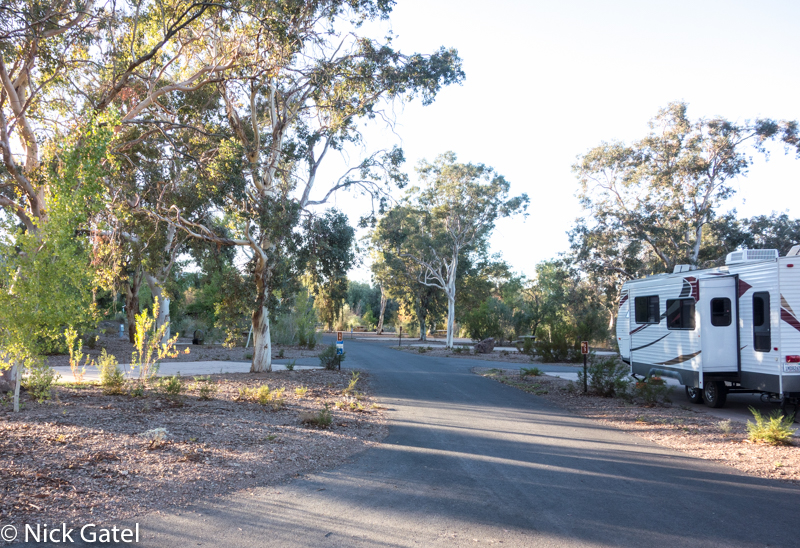
Over the years I have noticed that a lot of people in campgrounds are frequently engaged in
Housekeeping
Clutter vs. Organization
There are two kinds of people; messy and disorganized, and neat and organized. You can tell which camp you fall in by looking inside your car, around your home, or at your workspace at your job if you are gainfully employed. The organized backpacker, for instance, gets to camp and removes what he needs to cook dinner and sleep from his pack; the disorganized one dumps the entire contents of his pack on the ground and sorts through things to find what he needs.
The same goes for work. A cluttered desk or work area breeds wastefulness and chaos. When I was a mechanic, I was paid by how much work I did and I always made more money than the others. I was more productive and efficient not only because I was more skilled and knowledgeable, but because I was better organized. Prior to starting a new job on a car, I would remove all the tools from my toolbox that would be needed and place them in a cart that was rolled to the vehicle. This way I did not have to walk back and forth to my toolbox during the duration of the repair, making me more proficient and expending less energy. After each job I would clean the tools and put them away.

This is how we camp. We bring only what we need, and store everything in its place. When we are done using an item, we put it back right away. When we prepare food, we wash and return our cookware and utensils we are finished eating. Unlike many campsites, ours is always neat and tidy.

Should the floor of our camper get dirty, we sweep it with a broom or wash it. We have a wonderful patio mat that prevents most dirt and mud from being tracked into the camper. This organization allows us to set up our campsite in less than 30 minutes, and can also pack up and depart in the same amount of time. Even will our 2006 Niagara tent trailer, which had more tasks to complete, we could perform these chores in a similar length of time.
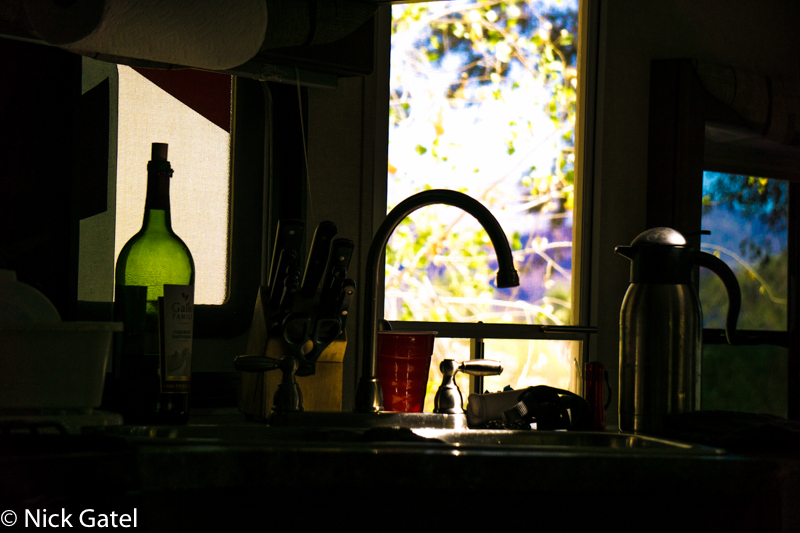
Given this modus operandi, there was little housekeeping for me to do, even after a couple weeks in the same spot.
However, there was plenty of time for other things…
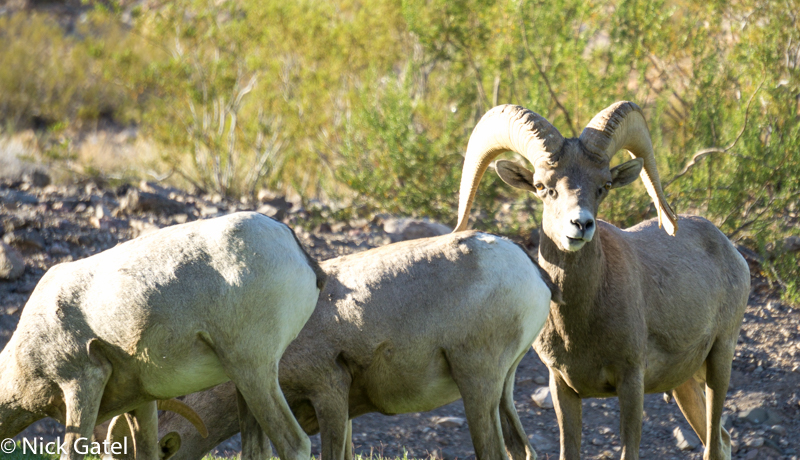


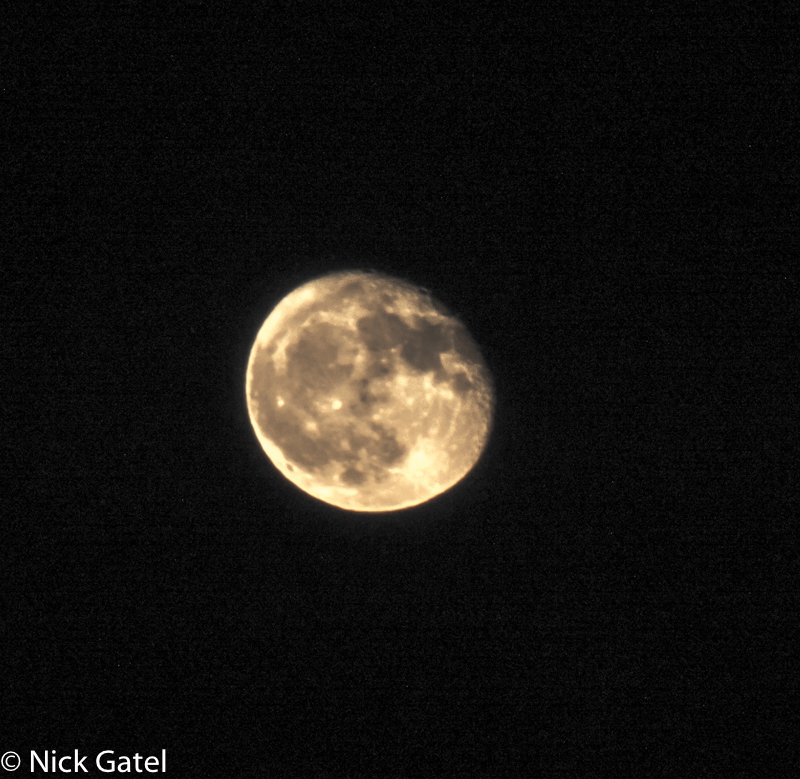


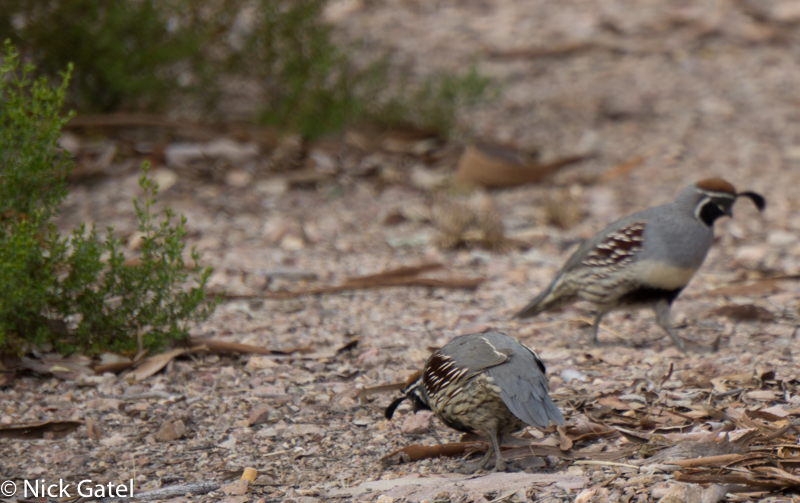

At the end of week 2, I started to run out of food. So it was time to go shopping.
A Trip to Town
Towards the end of week two at Lake Mead, Joyce informed me she needed to stay another week in Illinois and then she would be ready to return. It was time for me to replenish my provisions and supplies, and deal with civilization back home: e.g., bills.
Even if one is without debt, there are bills such as utilities, gasoline cards, and other such accouterments of civilization to attend to. Paying bills is pretty simple with today’s technology and there are several options. One is to have bills automatically withdrawn from your bank account by the payee. I’m not comfortable with this because a computer glitch can cause monumental consequences, such as misplacing electrons that place a decimal point in the wrong location – a hundred dollar account balance could accidently withdraw $10,000 dollars or cause an overdraft. Of course one could mail checks while traveling. I can’t remember the last time I wrote a check. For nearly 30 years I have been paying my bills with Quicken software, and today most bills are transmitted to me via email or are available online. So off I was to the small town of Boulder City, a stop at Albertsons grocery store, and a session at Starbuck’s where I got a cup of coffee, powered up my computer and paid all our bills for the next 30 days.
Solo Backpacking vs. Solo Camping
Most people don’t like to backpack alone, probably because they are too focused on “what if” and a myriad of potential consequences. Some people tell me solo backpacking is boring, which I find difficult to comprehend because most of one’s days are spent from getting from point A to point B.
Is solo camping different in regards to this “boredom” factor?
There are many “full time” solo campers who keep blogs and a few are quite enjoyable to read. But most of them spend their time traveling from campsite to campsite, stopping in between to sightsee, and develop long-term friendships with the people they meet along the road. Plus they seek out campgrounds with cell service or Wi-Fi so they can blog daily and stay in communication with their readers.
I have a blog, but only write after the fact – that is I write when I get home. Plus I don’t communicate with my readers… you can’t leave a comment here and there is no email button to communicate with me. My blog is mostly a journal for my kids to keep up with my adventures. I was mostly alone in a campground with Corky (by design) except for weekends. The campground recently had Wi-Fi installed, but I didn’t use it because it couldn’t enhance my camping trip. So what does one do when all alone for a couple of weeks in a campground? Can one get bored?

If one keeps busy, one cannot get bored. Shaving and haircuts aren’t needed and working on a suntan is a desirable pastime. Most days are filled with hiking, a little photography, observation and learning, reading, and thinking. If one cannot be comfortable with themselves, how can they be comfortable with others? It is said that man is a social or political creature. I suppose that is true to some extent, but mostly it is true because when we live in a society we work together to acquire personal security against those who might threaten or endanger us, not happiness. Additionally, I find campgrounds to be safer than cities so there is no need to be concerned with security or interacting with other people.
Week 3
Corky and I had been camped alone for three weeks in the same spot, but I was fine. I was enjoying myself. And, at the same time, I missed my wife. Happily, Corky and I fired up the SUV and drove for close to an hour into the bowels of Las Vegas and the constant flow of vehicles into and out of the airport to retrieve my bride, and sweep her away from civilization and into our little bit of Shangri La.
Week 4
Decision Time
My time at the campground was approaching the 30 day mark, and that is the maximum amount of time the National Park Service allows people to camp in the Lake Mead National Recreation Area. Time to decide what to do next.
Earlier I alluded to the fact that October is the best time to camp in the desert. For the uninitiated, this might seem contrary to camping in the spring, when the wildflowers are often in full bloom. But spring can bring rain, wind, and few flowers. October, on the other hand, generally is more predictable. Instead of wind, an occasional breezy day is the norm. Days are predictably in the 80’s (F) and nights have low temperatures in the low 60’s or high 50’s (F) with sunny, cloudless days as the norm. What more can one ask for? This is why I can spend weeks on end in the same place camping – perfect weather. We weren’t ready to go home yet.
Week 5
The Mojave Desert
The Mojave isn’t a destination. It’s a climatic zone that encompasses nearly 50,000 square miles mostly in southeastern California and southern Nevada, with a small portion in Utah and Arizona. The Mojave is varied – Las Vegas, Death Valley, and Joshua Tree National Park are all in the Mojave, as is Lake Mead where I had spent the last month, and each is so uniquely different. But it was time to move on and we decided to spend more time in the Mojave. First I refilled our propane tanks. In a month I had used 11.3 gallons of our 14.4 gallon capacity, then I refilled our 100 gallon fresh water tanks and emptied the holding tanks at the campground dump station.
We headed west from Lake Mead towards home, but made an 80 mile detour to reach one of our favorite camping areas. Where it is located, I won’t say, because it is lightly used and Internet postings remove great camping areas from the list of lightly used to the status of over-used and the accompanying problems of modern society.
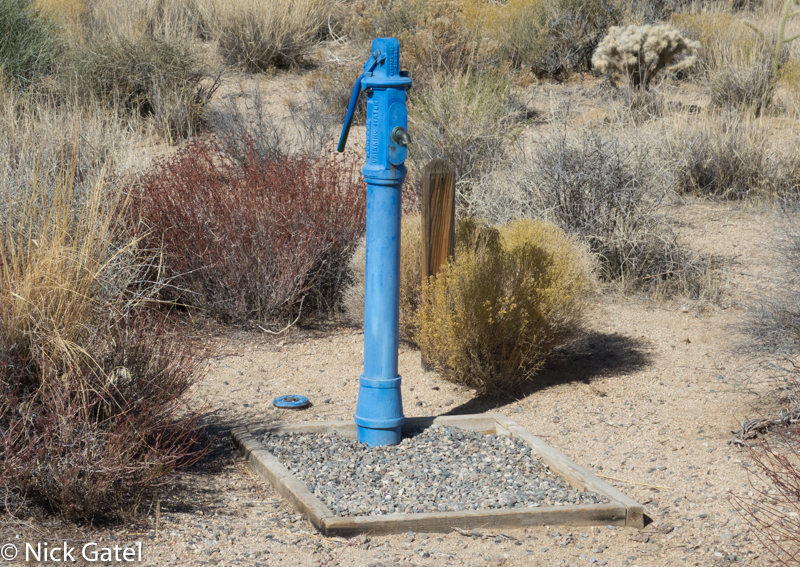
Campsites cost $6 per night for us seniors with an Interagency Pass, water is available, but there is little else in the way of amenities except for solitude.


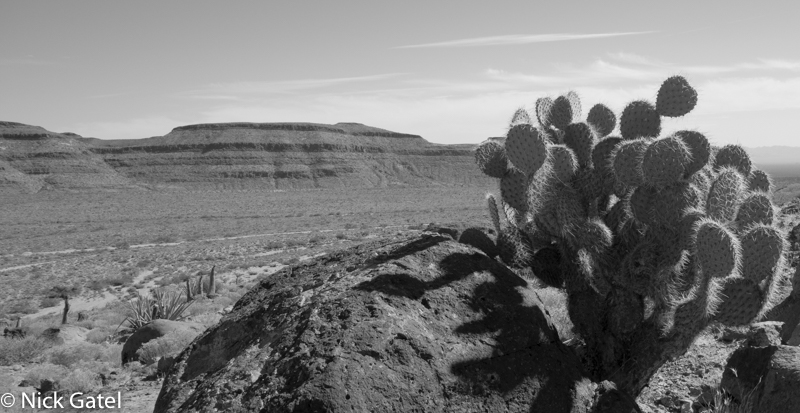

Halloween
To be honest, I’m not exactly sure when or on what day Halloween occurred. I do know there weren’t any little people at our door trying to extort candy from us with threats of “trick or treat.” Nor was there any pumpkin carving or decorating — what a relief! But these were interesting…

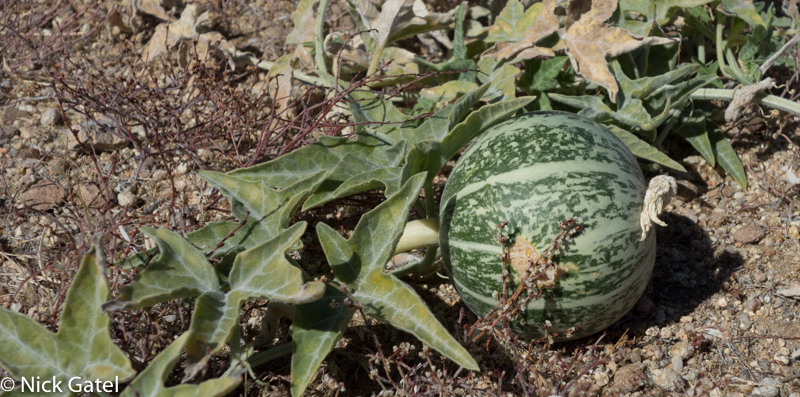
Daylight Saving Time
It is usually around Halloween that most places in the US are required to change the clocks and “fall back” in time. Not us. We couldn’t care less about what time it is — our phones and computers adjust their own clocks. Since our campground didn’t have cell phone coverage or Wi-Fi, we turned off the phones — what freedom it is to disconnect from infrastructure. Oh, and the World Series of Baseball was contested during this time… who won, and more importantly, who cares?
Solitude
Most days when I walked beyond the campground area, I had the entire desert to myself. Thousands upon thousand acres of desert. Hikes of several hours in almost any direction usually meant I wouldn’t see a single person.



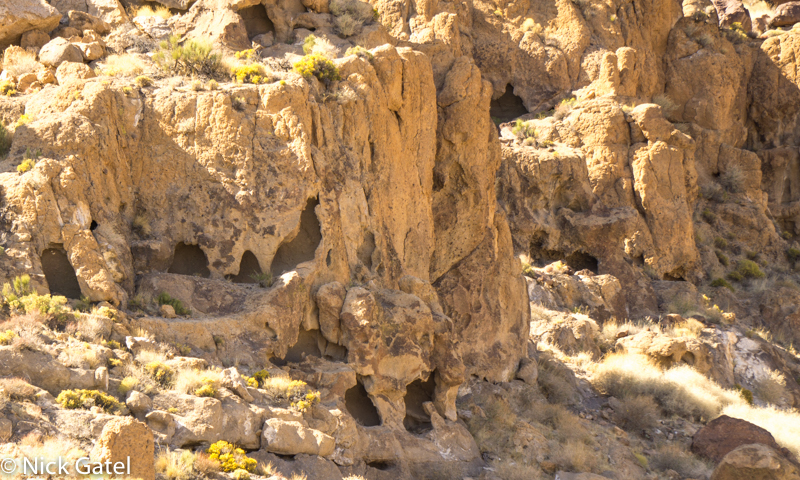

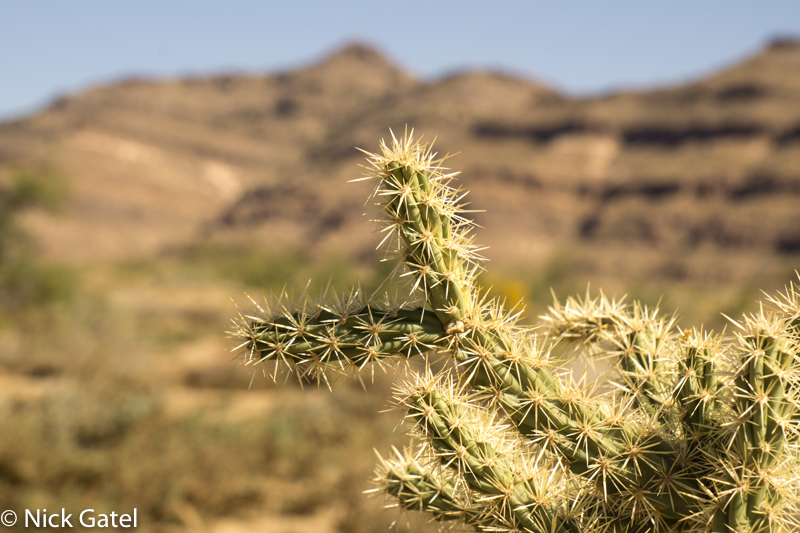

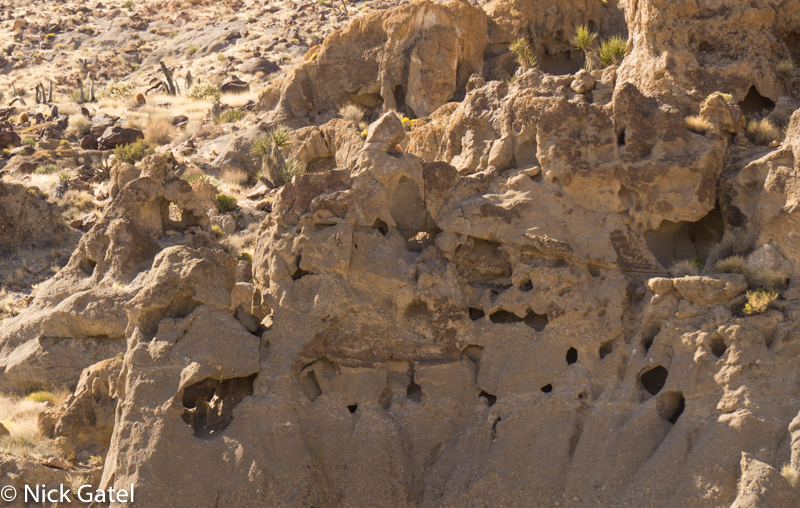
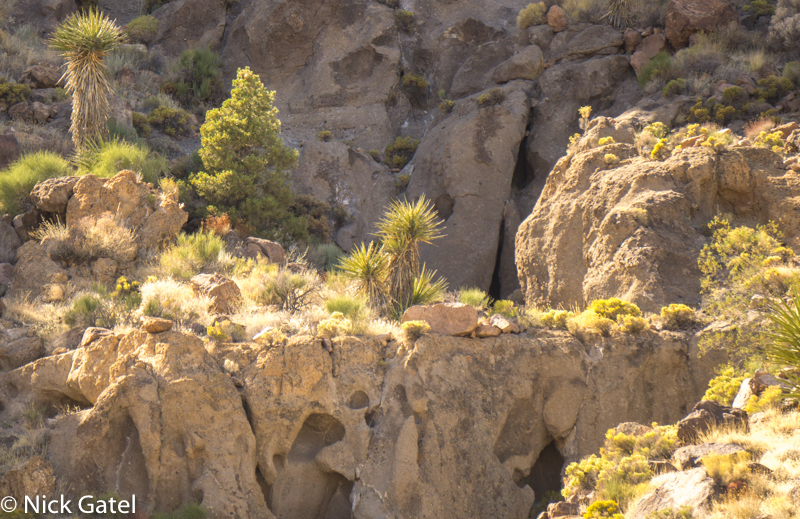




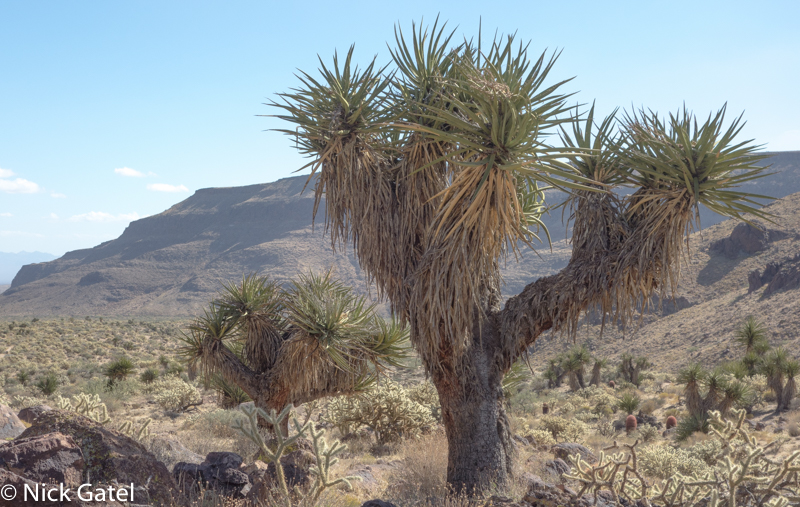
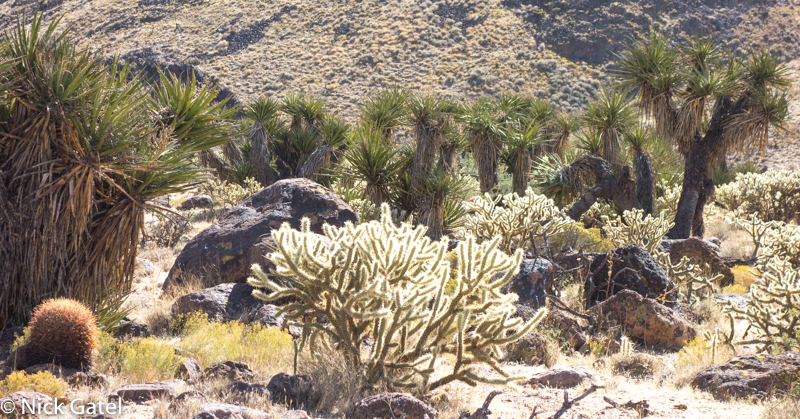
Clouds
After more than a month of clear blue skies, the last two days of our trip the late afternoon and early evening observations were interesting.


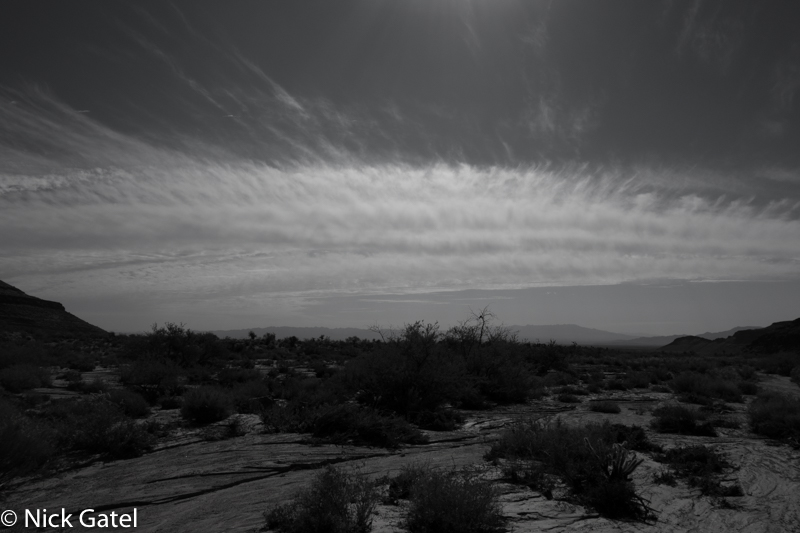


What Next?
We ended up spending a week in this remote place. We could have stayed longer, but it felt like it was time to go home. We’ll be back again soon. Time to plan a backpacking trip or two, and get ready for our next camping trip. Somewhere in between these, Joyce has expectations of progress on the house remodel.